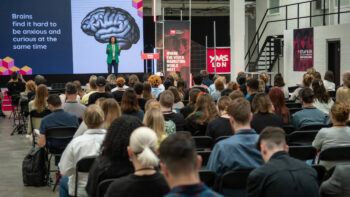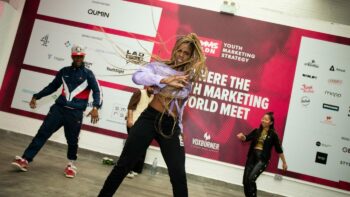
Gender Representation And Gen Z | Engaging The Next Generation Of Sports Fans
Article Highlights
- Women's sporting events in mainstream media
- Sexism, sport and Gen Z
- How can marketing promote diversity and inclusion in sports?
- Key takeaways
Be the first to access new posts and exclusive content
Sport is an immense part of the entertainment industry – whether it’s fashion, gaming, watching, or playing, it’s permeating Gen Z culture across the world. But there are a number of important diversity and inclusion issues that exist within this sector that need to be addressed.
The importance of female representation within the sporting industry cannot be underestimated; having successful, engaging sports starts leading the way and making it into mainstream media has the power to impact young girls across the world. Sports can transform an individual’s way of life: it can improve mental health, create friendships, develop social skills, and build confidence.
This, of course, should be of paramount importance to brands – not only is diverse and inclusive representation the right thing to do, but it also influences the future of your brand. Gen Zers are your future workforce and the generation who interact and spend money with your brand. Representing and forming a respected relationship with them could not be more important.
Our Voxburner+ report, ‘Game, Set, Match | Engaging the Next Generation of Sports Fans’, explores this topic in more detail, and today we’re going to share some key takeaways.

Women’s sporting events in mainstream media
There’s no doubt about it, there’s been significant movement when it comes to women’s sporting events featuring in the mainstream media. From Netflix’s Drive to Survive series, which has skyrocketed viewership of the sport amongst young women, to the 2022 Women’s EUROs, Gen Z is showing much more interest than previous generations.
The Lionesses’ win against Germany in the 2022 EUROs final attracted a staggering 87,000 viewers – the largest crowd for the competition, male or female. Amongst this was an impressive 59% of Gen Zers in the UK who tuned in, proving that the desire for and interest in women’s sports IS there.
However, the occasional international tournament isn’t enough – as revealed in the report, 57% of Gen Z from the UK consider there to be a lack of women’s sporting events in mainstream media, 30% of whom strongly agree. Meanwhile, for some, there’s still some uncertainty when it comes to engaging with women’s sports. Henry, a Gen Z focus group participant, said: “It’s always funny because [my friends] will say something like ‘I watched the women’s as well as the men’s, you know’, as if it’s a badge of honour”.
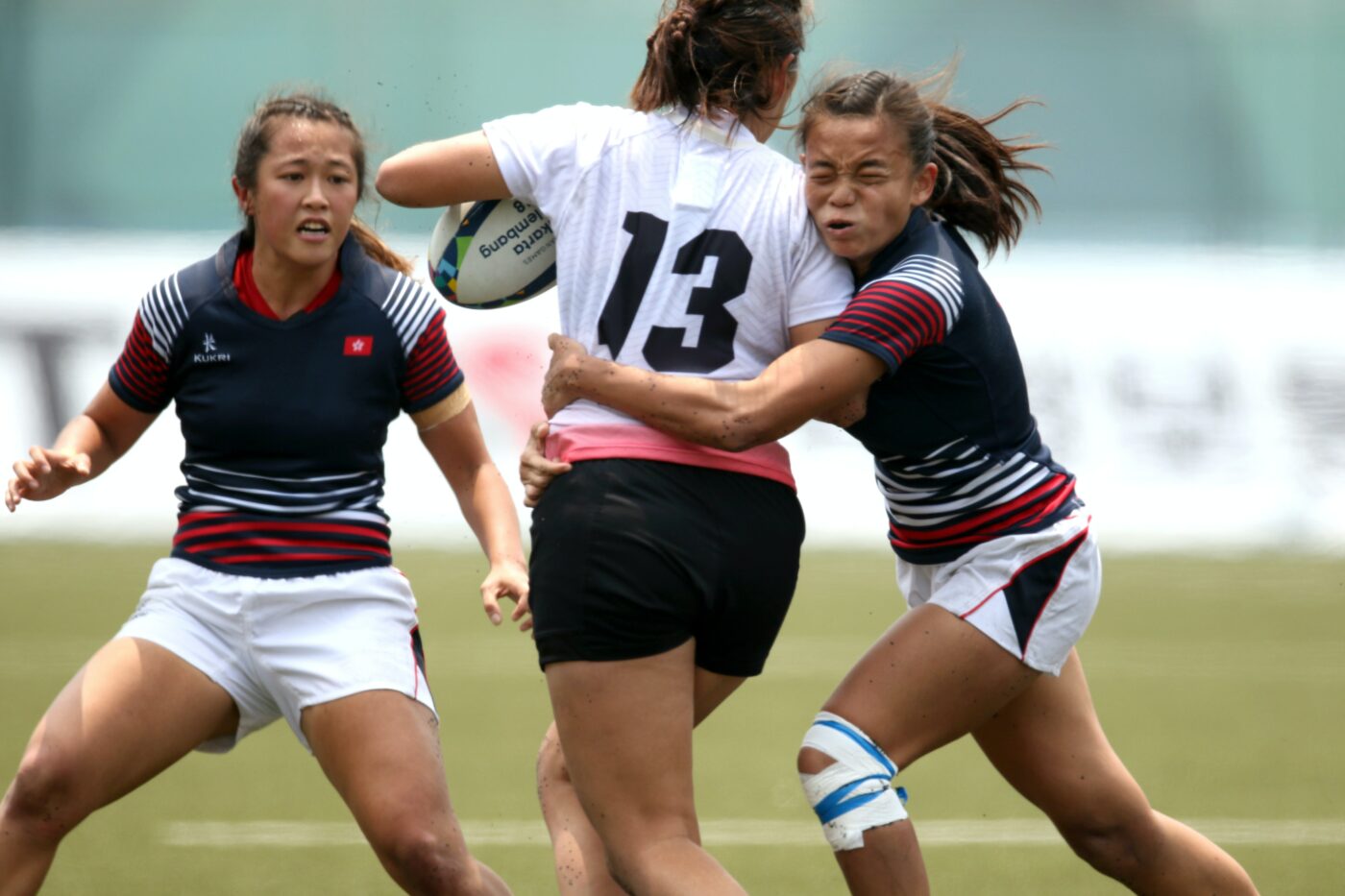
Sexism, sport and Gen Z
From professional female athletes struggling to break socioeconomic barriers within their sport to the inequalities young girls are facing in PE lessons at school, Gen Zers are aware of the issues they’re facing and are keen to call them out.
As revealed in the report, 71% of female-identifying Gen Zers from the UK say that seeing sexism towards female sporting professionals upsets them, whilst 57% of young people from the US think more needs to be done to tackle sexism in women’s sports.
And it’s not just the physical sporting world that’s falling in short, but the esports community – in fact, as one source reported, 1 in 3 gamers haven’t felt welcome in the gaming community. This lack of representation in the industry is spurred on by a lack of female gaming content creators –something that we discuss in more detail in the report.
But it’s not all bad news! In May 2022, the US men’s and women’s national soccer teams closed the pay gap between squads, making salaries and bonuses equal. This was undoubtedly a momentous moment for players and fans alike, and a sign of positive steps being made.
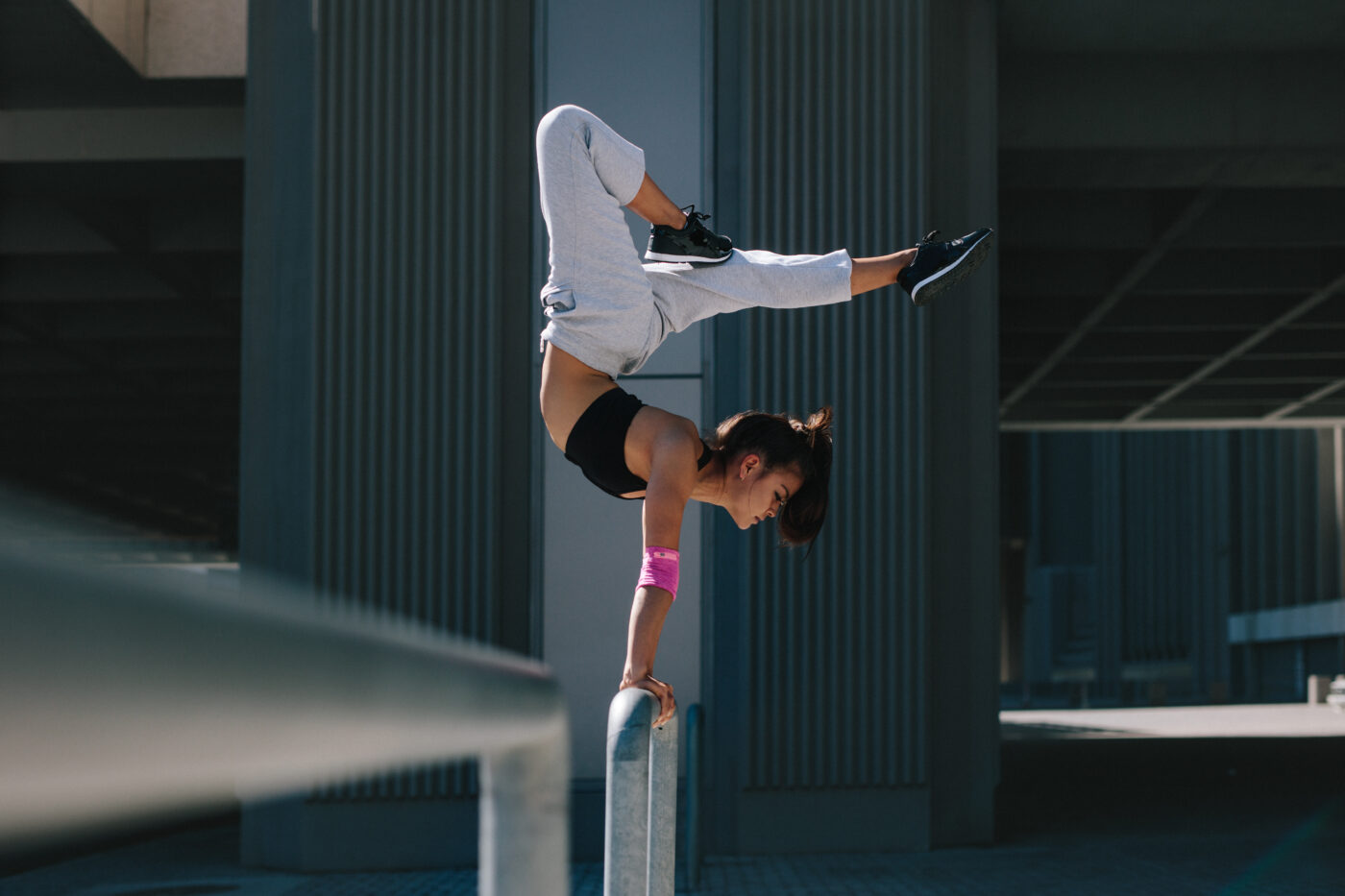
How can marketing promote diversity and inclusion in sports?
There are a host of different steps that brands can take and implement into strategies to better diversity and inclusion, as well as engagement, in the world of sports. From the fashion and retail industries to schools and universities, education and increased investment are more important than ever before. Whether that comes in the form of addressing ever-present issues via your social media platforms or involving a diverse group of people in project planning, brands can play a really important role in ensuring that varied ideas and perspectives are incorporated from the very beginning.
A great example comes from phone company EE’s 2022 ‘It’s not her problem’ campaign (part of the ‘Hope United’ campaign), which features England footballers Lucy Bronze and Ellen White. The campaign showcases the everyday issues that female sports stars face (many of which we discuss in the report) and challenges sexist abuse, both online and ‘irl’. ‘Hope United’ introduced viewers to certain female sports players, acted as a catalyst for a number of important conversations, and built anticipation for the Women’s EUROs finals.
There are also a number of opportunities for brands to get involved in initiatives promoting women’s sports, working with them to challenge diversity and inclusivity issues and increase engagement. Check out three of our favourites below:
- The Powerhouse Project
Working to support and nurture the next generation of top-level football coaches, The Powerhouse Project comes from Nike and The Football Association. The Project works to create a unique coaching programme with the aim of upskilling and inspiring young players, with key focuses being mentorships, coaching clinics, and Q&As with leading sports figures. - The F1 Academy
FIA and Ferrari’s Young Driver Academy teamed up for this project, which helps female drivers progress through the motorsports ranks. F1 invests £2 million annually in the series, which supports 15 drivers from five teams. - Women in Esports
Much like the rest of the sporting world, the esports industry isn’t just about the players. From marketers to production specialists, Women in Esports aims to celebrate all women within the esports industry. This is an initiative by the British Esports Association and consists of a number of awareness initiatives, including social media campaigns and interviews on Twitch and YouTube.
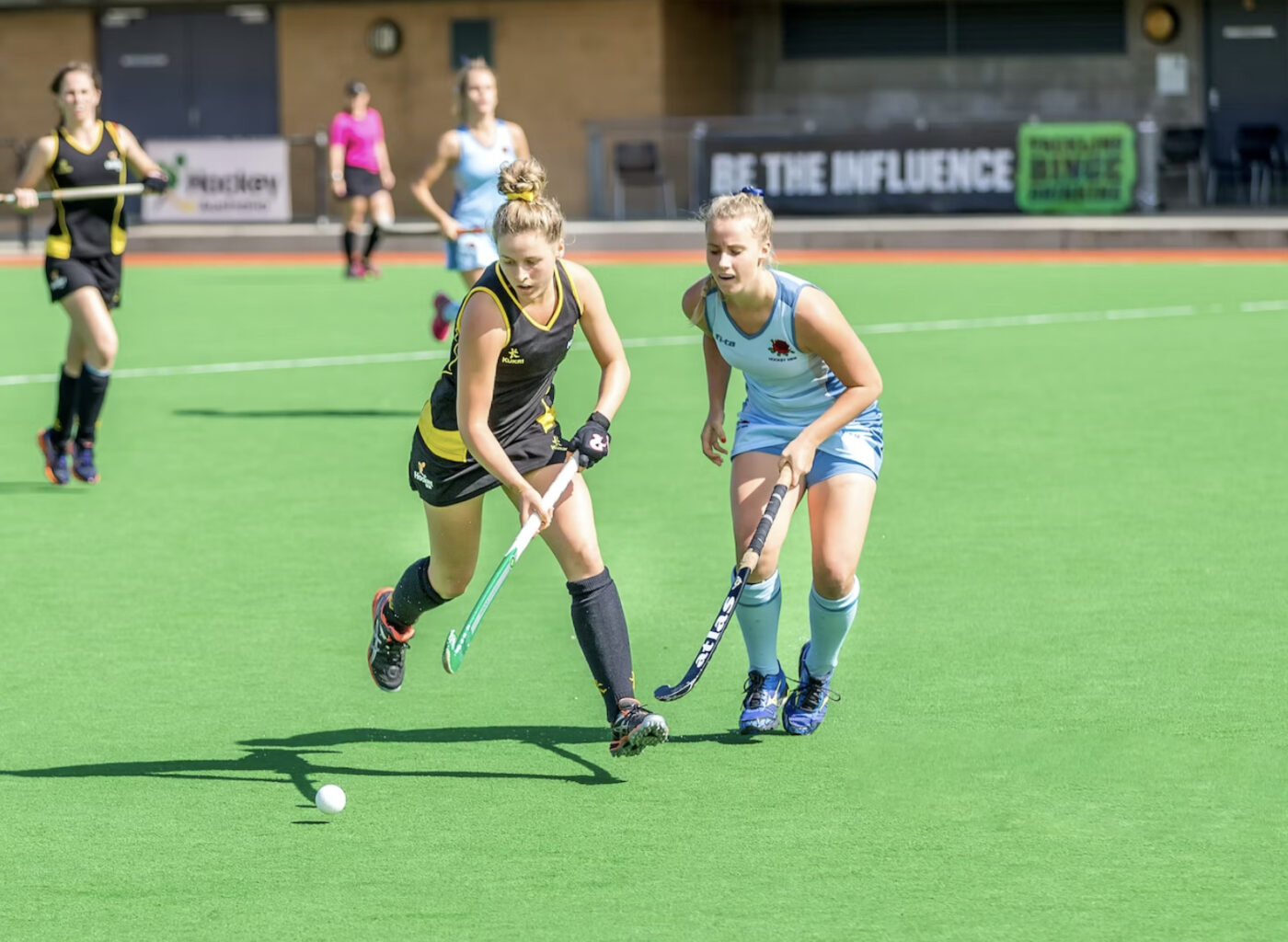
Key takeaways
- Celebrate athletic achievements for what they are. Brands and marketers have the ability to create conversations and influence Gen Z – use your platforms to discuss and celebrate female-identifying sports stars and their amazing physical abilities.
- Communication is key. Whether it’s biological hurdles such as menstruation which can impact an individual’s play or the streams of sexist abuse that many athletes still face, openly discussing these and educating young people will ensure understanding and tackle any uncomfortable taboos.
- Diversify your creative teams in boardrooms. The best ideas come from those with different experiences and backgrounds, and you can’t underestimate the importance of this during the ideation process. Diverse and inclusive representation will insure that your brand is accessible and engaging.
With exclusive Voxburner+ research and insights from expert contributors and Gen Zers, this report is a must-read for anyone wanting to gain a deeper understanding of the world of sports and the intersecting communities, as well as how D&I strategies can be improved in order to empower young people and nurture brand-consumer relationships.
Download your teaser of ‘Game, Set, Match | Engaging the next generation of sports fans’ now
